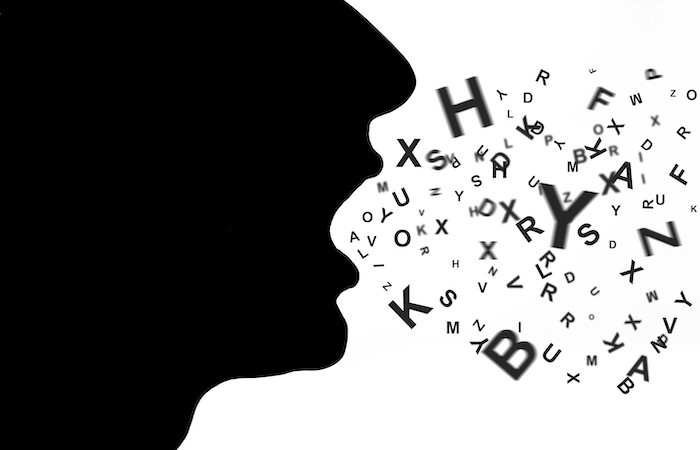
Jake O'Brien Murphy ponders the importance of shared histories and experiences – regardless of whether or not they are rooted in fact.
Don’t think it’s a stretch to say that the commonly held myths and legends surrounding the bartending profession are driven by a hodgepodge mix of anecdote, hyperbole and bullshit.
For the most part, I mean that in the most complimentary way possible. Everybody has a story to tell, it’s one of the fundamental qualities of being a shoe-wearing, snake-fearing human. Now, I know that sounds like the kind of unquantifiable romantic guff that you’d expect of an ageing auntie’s wall decal – Live, Laugh, Love – but I mean it.
Stories make up the very connective tissue that links almost everything we do. It’s no coincidence that the typical archetype of the bartender is that of the tireless raconteur. You can see this in the folklore of cocktail history, where hyperbolic yarns and conflicting accounts land hooks into the imagination of drinkers.
The most pervasive example of this in the modern day is the spiel surrounding the creation of the Espresso Martini, where a very famous and very elegant runway model (Naomi Campbell, Kate Moss or John McCririck – accounts tend to differ) asked bartender Dick Bradsell for a drink that would “wake me up and fuck me up”. Is it true? No. Not even slightly, and I have that on the very best authority. But the allure of this story will always supersede the humdrum truth of it. Which is fine. Of course, Dick Bradsell knew on some atomic level how to make delicious drinks, but he also recognised the currency of a good story. Anyway, Kate Moss only drinks Bovril.
I don’t mean to trivialise the sentiment of what I’m saying with gravy-based jokes. Especially considering that storytelling reaches back to the primordial goop of the early human brain, where the oral tradition connected disparate individuals via a social through line.
Look at any part of human history and you’ll find those specialised in the narrative traditions, which frequently intersect with the age-old ritual of wearing silly hats and dancing around like a dick. Our compulsion of framing things in the context of a story even extends beyond the finality of the grave, which is why in almost every culture there’s a shoe-splashing ritual of libation. Pour some for the angels, para Los Santos or for the homies.
Certainly, the first bars, taverns or after-parties as we know hinged around a social, verbal imperative. Everything else – spirits, cocktails, awards and self-entitlement – nucleated from there. Otherwise, what’s the point? It would never have lasted if we had started with the Negroni and worked backwards.
It’s about stories
I was reminded of this recently, when I was stood in a misty peat bog, amidst the brutal and prehistoric beauty of Islay listening to Jackie Thomson, a seanchaidh extraordinaire. Jackie held a knot of bog myrtle in her hand, crushed the leaves between her fingers and said: “It’s about stories and it’s about people. If you’re drinking whisky just to rate it out of 10, then I’m sorry, but you’re doing it wrong.”
More than any other tool the bartender possesses I think that a gift for storytelling is the most profoundly powerful way of communicating shared experiences.
Away from the specialised language of the job, the acquired skill, the dexterity and knowledge, the intuition for flavour, people and atmosphere. A story is a connective, liminal space that grounds these acute essentials in something lucid.
Admittedly, that is rather self-indulgent, considering it’s the thing I want more than anything to be distinguished at.
Clearly, the writing, podcasting, performing comedy and standing behind a bar for 14 years hasn’t yet quelled the desperate need for attention that wakes me up in the night, screaming my own name, like a Liza Minnelli show tune.
Harnessing our human potential for storytelling is how we can advance as an industry.
The narratives that we tell today will be the lessons we learn tomorrow. This is how we pass down our histories, our warnings, our victories and our failures. How customs are shared and how our traditions, beliefs and ideas become endemic.
But it isn’t just what stories we choose to tell that progresses the culture. It is who we choose to tell them to. One voice, or one kind of voice, can only provide a single, narrow perspective. When that one kind of voice is compounded and received in stereo, we all lose out.
If you are in doubt about the importance of good stories and storytellers, then please, put some time aside and spend an evening drinking with Craig Harper, Sly Augustin, Bea Bradsell or Declan McGurk.


